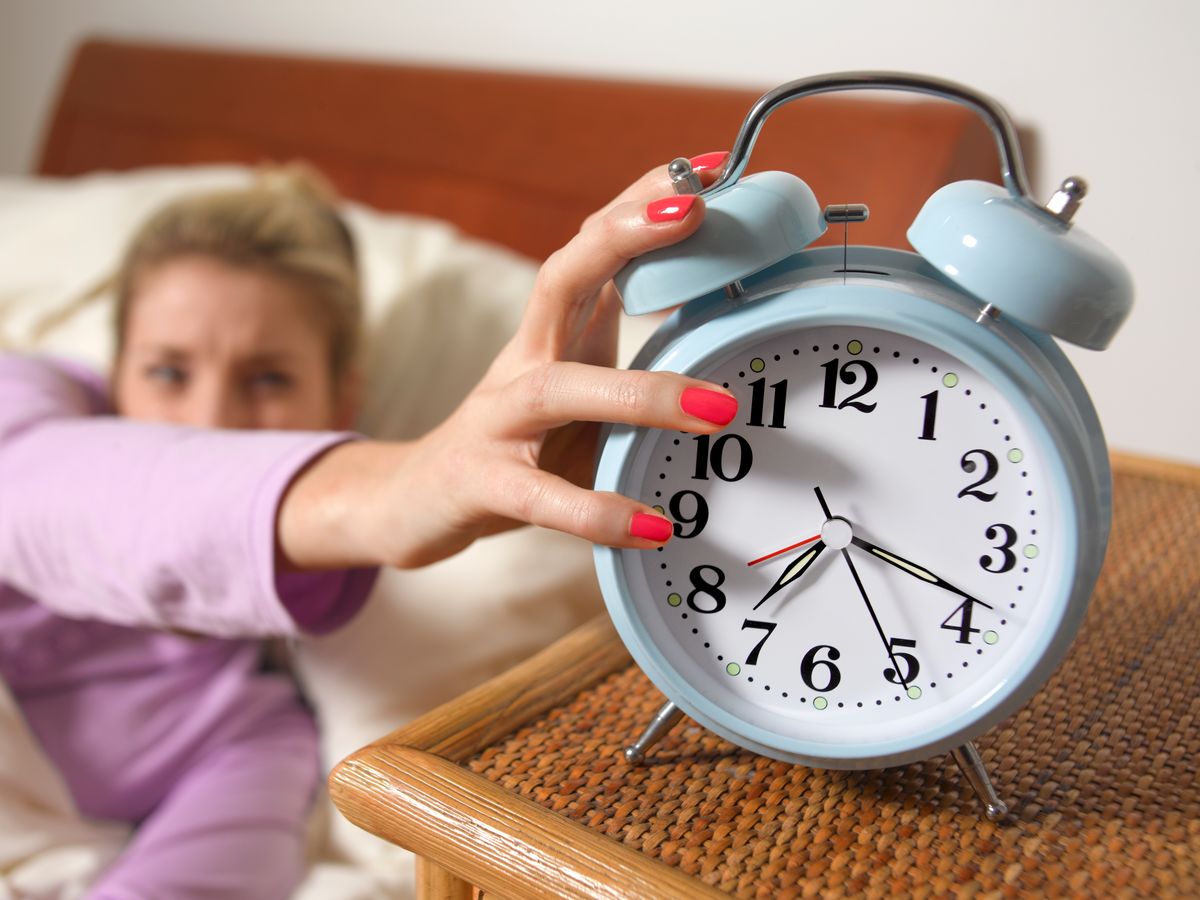In a quest for a sound night’s sleep , Brits have resorted to sleeping in separate rooms from their partners, banning electronic gadgets, and even steering clear of cheese. A recent poll has unveiled the top 30 strategies people employ to secure a good night’s rest. Tactics vary from practical measures like fitting blackout blinds and tweaking room temperature, to using pillow sprays or embracing meditation to create a sense of calm before bed. The study reveals that the average adult only enjoys three nights of quality sleep per week, with many confessing they never experience a perfect night’s sleep. Overthinking, nightmares, or an uncomfortable pillow are often cited as main culprits. Four out of ten pet owners allow their pets to share their room, claiming it enhances their comfort levels to have their furry companions nearby at night. Some say it boosts their mood and alleviates feelings of loneliness. However, only 17 percent believe it positively impacts their sleep. Among those cohabiting with their partners, 10 percent opt to sleep in separate rooms. Many believe doing so helps improve their sleep quality, and for a quarter of these couples, it has even strengthened their relationship. John Rastall, head of home at DFS, commented: “It’s not uncommon for couples to sleep in separate rooms these days, which means doubling up on mattresses, pillows and sheets, but it’s a cost people are willing to bear. We’re also a nation obsessed with tracking everything from our sleep to steps, meaning people are keener than ever to get a decent kip.” The study, commissioned by DFS, revealed that a poor night’s sleep leaves individuals feeling lethargic, too exhausted to exercise, and a third have even been told they appear unwell. Take this quiz to find out what easy lifestyle tweaks you could make to help improve your bedtime routine and get you to dreamland faster. For some, a restless night can result in feelings of demotivation and stress, affecting productivity. Consequently, poor sleep can start to negatively impact mental health and wellbeing. DFS collaborated with sleep expert, Anne Marie Boyhan, who advised: “Sleep is very much linked to light, so I recommend getting as much natural light as possible before 10am which helps boost the production of our sleep hormone, melatonin.” “In the evening, keep it dark – sleep in a pitch-black bedroom with the help of blackout blinds or eye masks and a tidy space equals a tidy mind, keep it uncluttered,” she said. She also advises avoiding blue light from screens an hour before bed and use amber bulbs in the bedroom. On the flip side, a good night’s sleep leaves many feeling refreshed, more focused and happy. Four out of ten find themselves in a noticeably better mood all day. Despite this, only a small percentage maintain the same routine each night to enhance their sleep. Anne Marie Boyhan commented: “A bedtime routine is very personalised – I would recommend choosing one or two products and practices you look forward to, it doesn’t have to be a long or arduous ritual. “For me that means winding down at 9:30pm with a cup of sleep tea, doing my night time skincare and sleep journaling in bed before lights out by 10:30pm. “Prioritising sleep leaves us feeling happier, more productive and better able to focus.”
